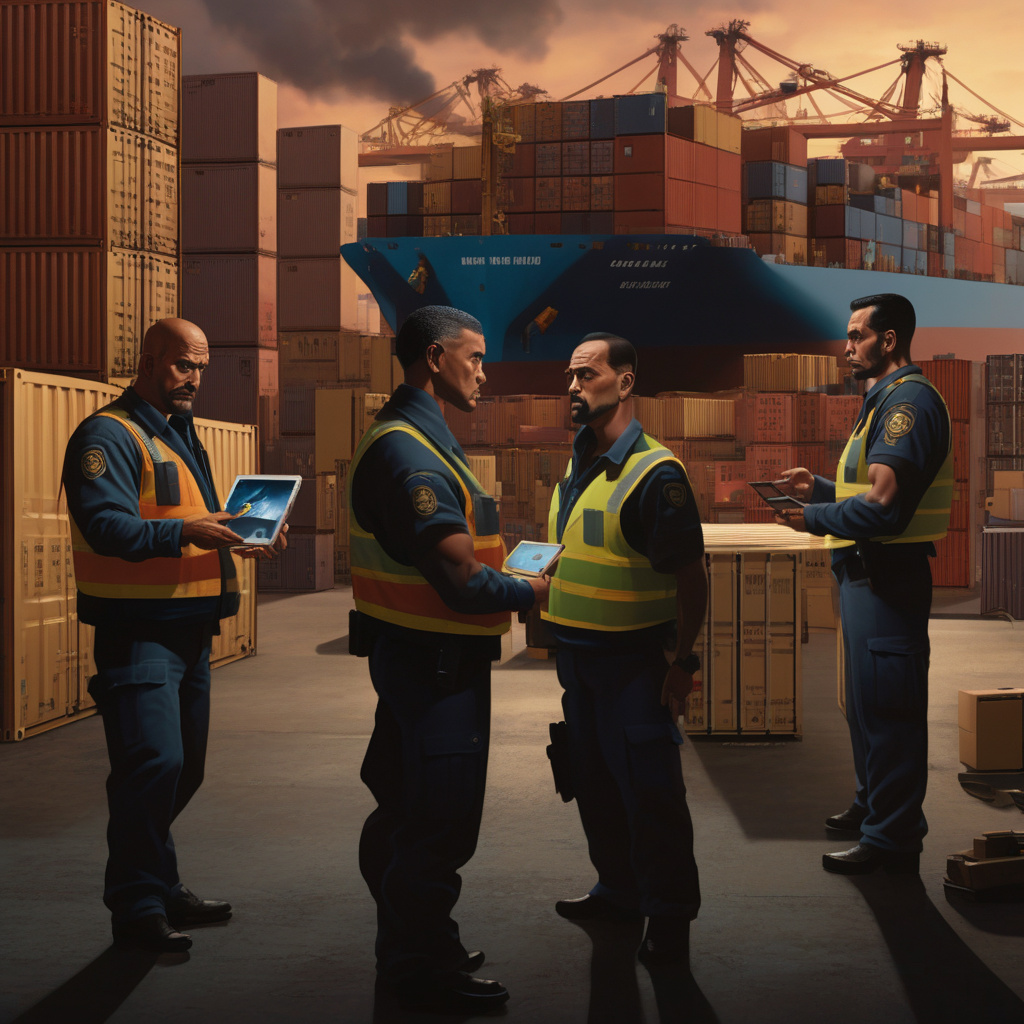Cargo Theft Moves into Focus as Congress Mulls How to Fight Organized Retail Crime
In recent years, organized retail crime (ORC) has evolved into a significant issue for businesses across the United States. One of the most alarming facets of this crime wave is cargo theft, which has increasingly garnered attention from lawmakers and industry leaders alike. During a recent Senate Judiciary Committee hearing, experts highlighted the troubling rise in cargo theft incidents, although the complete impact remains somewhat nebulous.
Cargo theft is not just a crime; it is a complex problem that poses severe threats to the retail and transportation sectors. According to the National Insurance Crime Bureau (NICB), cargo theft has surged by more than 30% over the past few years. This surge is not simply attributed to opportunistic thieves but is often orchestrated by well-organized groups that are skilled in identifying vulnerabilities in the supply chain.
At the Senate hearing, various speakers outlined how these criminal organizations exploit gaps in security and logistics to target high-value goods. For instance, electronics, pharmaceuticals, and luxury items are frequently stolen because they can be easily liquidated on the black market. The NICB reported that the average value of stolen cargo has also risen, with incidents involving losses exceeding $1 million becoming increasingly common. This indicates that organized crime rings are not just opportunistic; they are strategically planning and executing thefts that have a substantial financial impact on retailers.
The consequences of cargo theft extend beyond immediate financial losses. Businesses face increased insurance premiums, which can have a cascading effect on overall operational costs. Additionally, the loss of goods can lead to supply chain disruptions, affecting inventory levels and customer satisfaction. For instance, retailers may find themselves unable to meet consumer demand due to unforeseen shortages resulting from stolen cargo. This can result in lost sales and diminished brand loyalty, creating a vicious cycle that is difficult to break.
As Congress considers solutions to combat this growing issue, various stakeholders have emphasized the need for stronger legislation and enhanced collaboration between law enforcement and the retail sector. The hearing indicated that current laws may not adequately address the complexities of ORC, suggesting that a more tailored approach is necessary. For example, some lawmakers proposed the establishment of a national database to track cargo theft incidents, which could help identify patterns and trends in criminal activity.
Moreover, technology could play a pivotal role in mitigating cargo theft. The use of GPS tracking systems, advanced surveillance cameras, and real-time data analytics can provide businesses with critical insights into their supply chains. By improving security measures and employing cutting-edge technology, retailers can make it more difficult for criminals to succeed. For instance, companies that have implemented comprehensive security protocols and technology have reported a significant decrease in theft incidents.
Another vital element in the fight against organized retail crime is the need for industry collaboration. Retailers, manufacturers, transportation companies, and law enforcement agencies must work together to create a unified front against cargo theft. Initiatives like the Cargo Theft Working Group, which brings together various stakeholders to share information and best practices, could prove instrumental in developing effective strategies to combat this issue.
Furthermore, it is essential to raise public awareness about cargo theft and its implications. Many consumers may not realize the extent of the problem and how it ultimately affects prices and product availability. By educating the public and fostering a better understanding of the issue, retailers can gain valuable support in their efforts to combat organized retail crime.
As Congress deliberates on potential legislative measures to address cargo theft and organized retail crime, it is crucial to consider both immediate and long-term strategies. A multi-faceted approach that encompasses legislative action, technological advancements, and public engagement is essential for creating a safer environment for businesses and consumers alike.
In conclusion, cargo theft represents a growing challenge that demands urgent attention from lawmakers, retailers, and law enforcement agencies. As organized retail crime continues to evolve, so too must the strategies to combat it. With concerted efforts and a focus on collaboration, it is possible to mitigate the impact of cargo theft and safeguard the interests of businesses and consumers.
retailcrime, cargotheft, organizedcrime, supplychainsecurity, legislativemeasures
